95-865 (A)


| Description: |
Many organizations need to analyze large amounts of text to
discover useful information. For example, a company may want to
monitor how the public discusses its products in social media, or
a forensics team may need to discover the contents of disk drives
seized by law enforcement. This course provides students with an
understanding of common and emerging methods of organizing,
summarizing, and analyzing large collections of unstructured and
lightly-structured text ('text analytics'). The focus is on
algorithms and techniques, however the course also provides an
introduction to open-source software tools This is a 6 unit course. It is offered during the second half of the Fall (Mini-2) and Spring (Mini-4) semesters. |
|||||||||||||||||||||||||||||||||||||||||||||
|---|---|---|---|---|---|---|---|---|---|---|---|---|---|---|---|---|---|---|---|---|---|---|---|---|---|---|---|---|---|---|---|---|---|---|---|---|---|---|---|---|---|---|---|---|---|---|
| Learning Objectives: |
By the end of the course, students are expected to have
developed the following skills. Skills are assessed by
the homework assignments and the final exam.
|
|||||||||||||||||||||||||||||||||||||||||||||
| Prerequisites: | None | |||||||||||||||||||||||||||||||||||||||||||||
| Time & Location: | Spring Mini A4, Tu/Th 10:30 - 11:50, HBH 1206 | |||||||||||||||||||||||||||||||||||||||||||||
| Instructor: | Jamie Callan | |||||||||||||||||||||||||||||||||||||||||||||
| Teaching Assistants: |
Stefan Hermanek (shermane@andrew) Malavika Kale (kmakaran@andrew) |
|||||||||||||||||||||||||||||||||||||||||||||
| Office Hours: |
|
|||||||||||||||||||||||||||||||||||||||||||||
| Discussion Forum: | A discussion forum is provided for students to ask questions, answer questions, and discuss class-related topics. You will need a Piazza account to use the discussion forum. Please provide a CMU email address when you join the 95-865 discussion (you can use other email addresses, too). We will periodically remove students that do not have CMU email addresses. | |||||||||||||||||||||||||||||||||||||||||||||
| Instructional Materials: |
Some lectures have assigned readings from
Introduction to Information
Retrieval, Christopher D. Manning, Prabhakar Raghavan, and Hinrich
Schutze, Cambridge University Press. 2008. The links next to each lecture
provide access to an online version of the text. Some lectures have assigned readings from other papers, as shown in the link next to the lecture. Online access to some materials is restricted to the .cmu.edu domain. CMU people can get access from outside .cmu.edu (e.g., from home) using CMU's WebVPN Service. |
|||||||||||||||||||||||||||||||||||||||||||||
| Homework: | 3 assignments that give hands-on experience with techniques discussed in class. | |||||||||||||||||||||||||||||||||||||||||||||
| Grading: | 3 assignments (3 x 25%) and a final exam (25%). | |||||||||||||||||||||||||||||||||||||||||||||
| Grading Scale: | Grades are assigned using a curve. | |||||||||||||||||||||||||||||||||||||||||||||
| Course policies: | Attendance, Auditing, Laptops & mobile devices, Late homework, Pass/fail, Plagiarism & cheating, Recording & videotaping, Waitlist | |||||||||||||||||||||||||||||||||||||||||||||
| Syllabus (subject to revision): |
|
|||||||||||||||||||||||||||||||||||||||||||||
| Advice From The Faculty: |
This course is a lot of work. Take care of yourself. Do your best to maintain a healthy lifestyle this semester by eating well, exercising, avoiding drugs and alcohol, getting enough sleep and taking some time to relax. This will help you achieve your goals and cope with stress. If you find yourself struggling with the material or workload, please ask for help. All of us benefit from support during times of struggle. You are not alone. There are many helpful resources available on campus and an important part of the college experience is learning how to ask for help. Asking for support sooner rather than later is often helpful. If you or anyone you know experiences any academic stress, difficult life events, or feelings like anxiety or depression, we strongly encourage you to seek support. Counseling and Psychological Services (CaPS) is here to help: call 412-268-2922 and visit their website at http://www.cmu.edu/counseling/. Consider reaching out to a friend, faculty or family member you trust for help getting connected to the support that can help. |